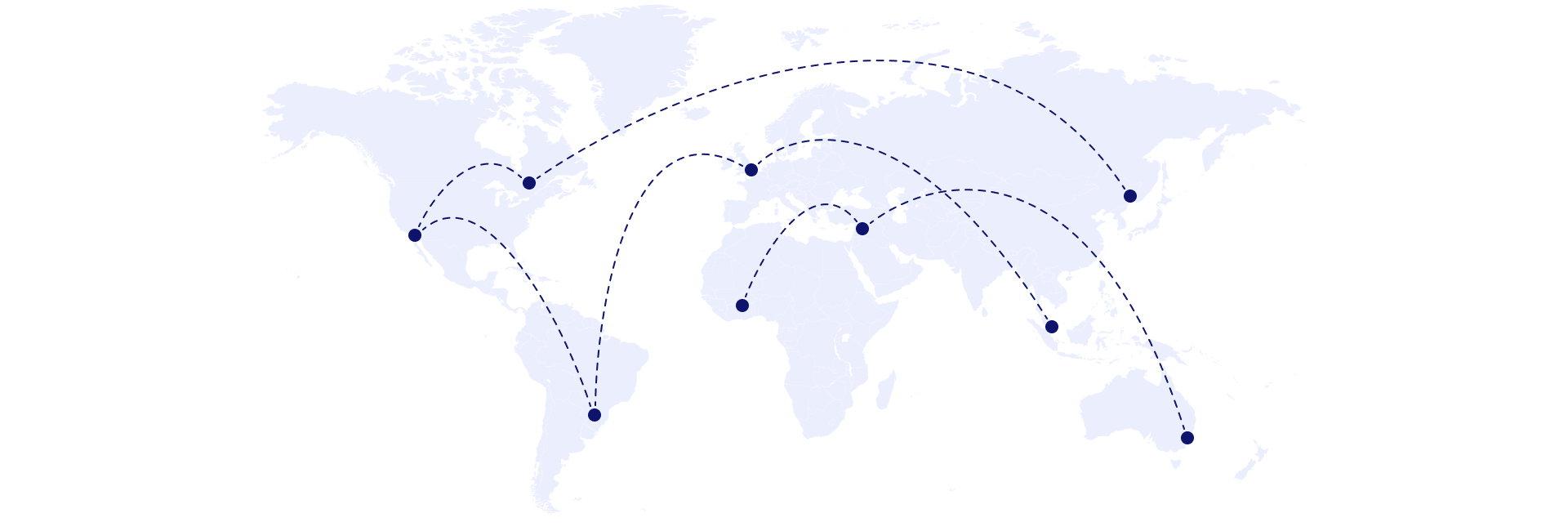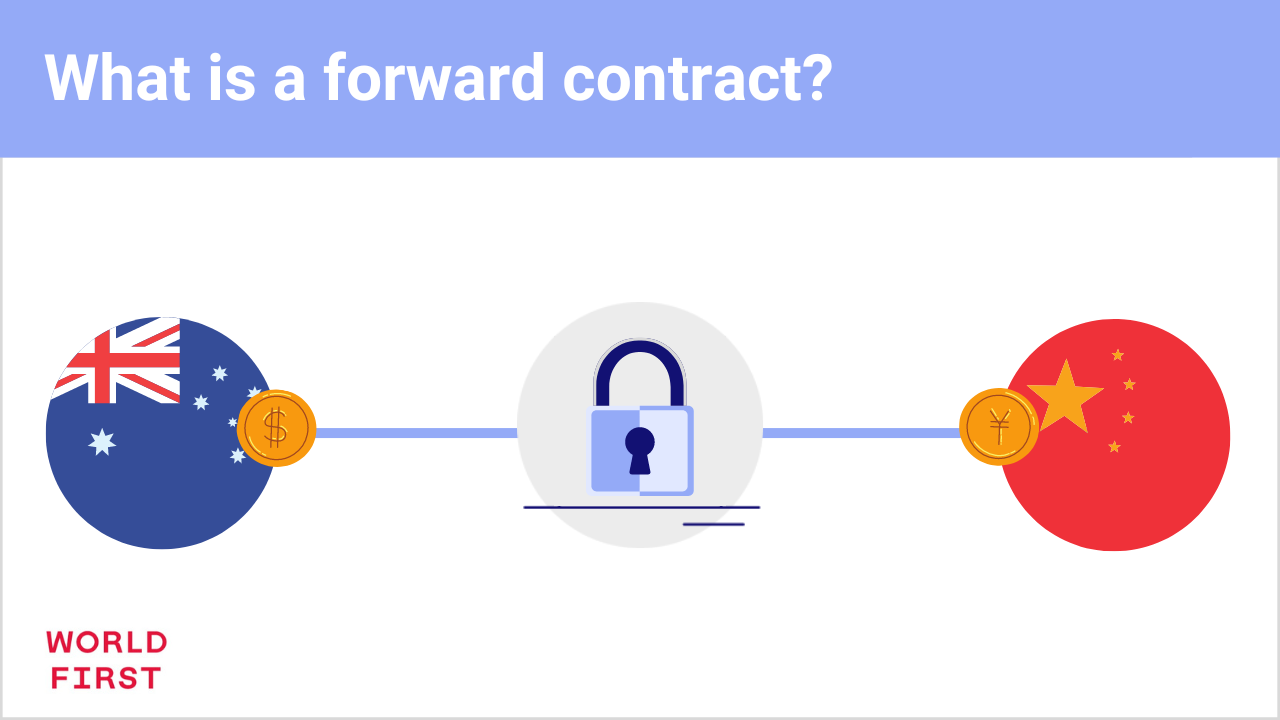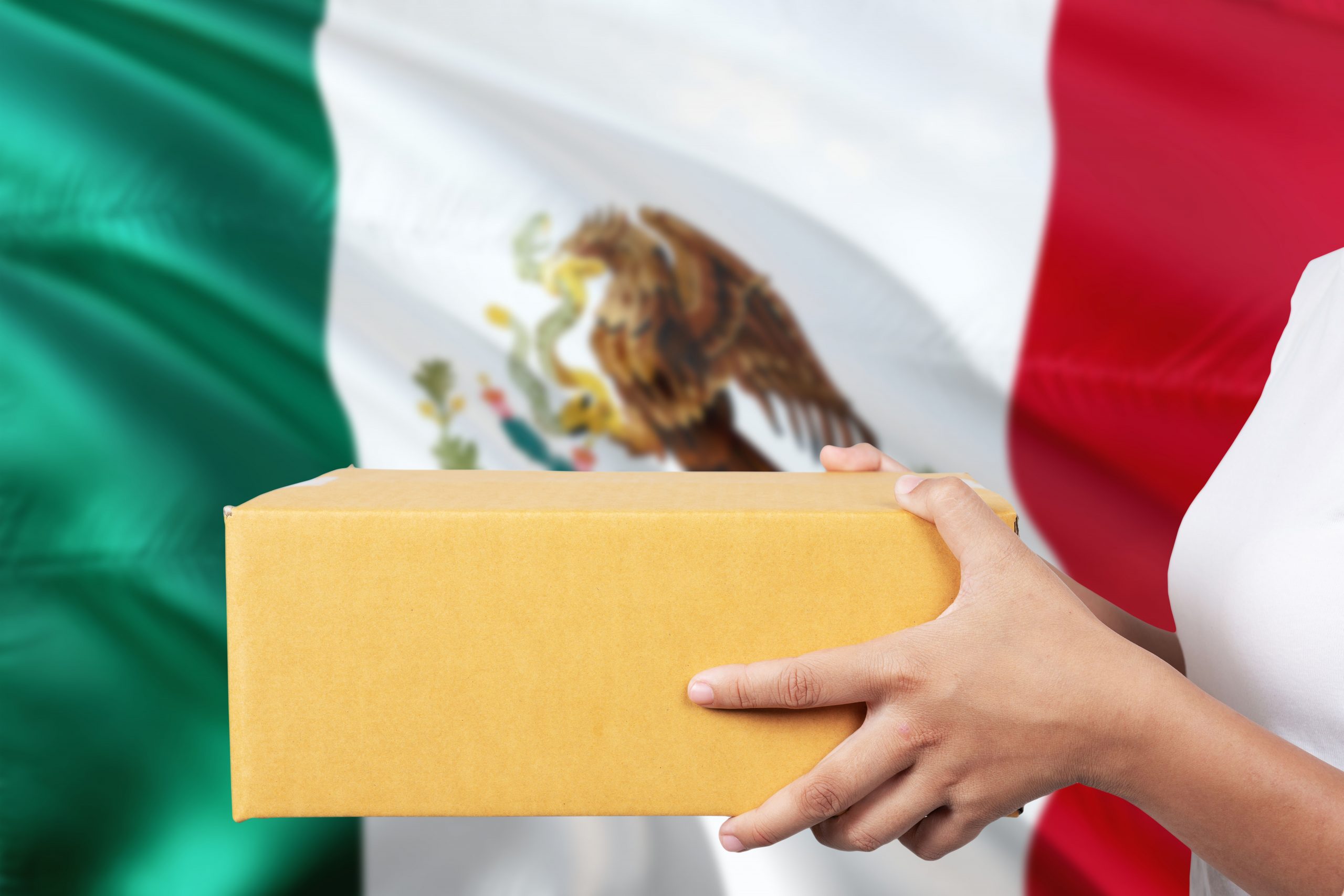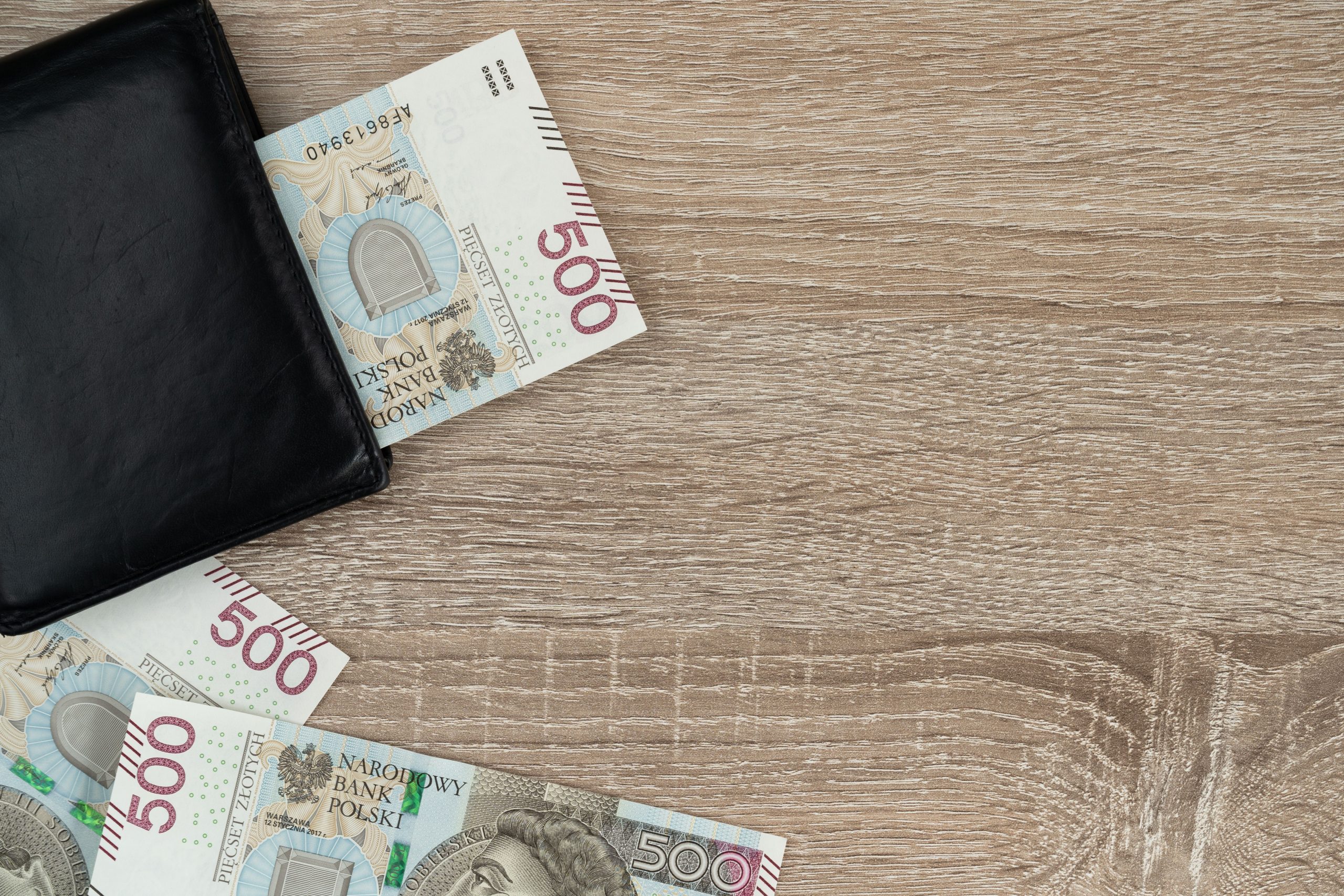
You may already know that Chinese Renminbi (RMB) is the official currency of China, but did you know you can easily make international payments in RMB? China is renowned for its competitive costs and speed when sourcing goods overseas but paying suppliers can be a complicated matter. Here’s our quick guide to Chinese Renminbi and how to save on your payments into Mainland China by using WorldFirst’s forward contracts.
CNH vs CNY
Renminbi (RMB), CNH, CNY and yuan might all be used when talking about the currency of China, but there are subtle differences. RMB literally means ‘the people’s money’ and is the official name of the currency introduced by the Communist People’s Republic of China in 1949. The Chinese yuan (meaning ‘round’) is the unit of currency.
Where the financial system gets confusing, however, is when it comes to transferring money in and out of the country. There are two ISO currency codes for the RMB: CNY and CNH. The former is used domestically, while the latter is for international trade.
Both use the same bank notes and in China are equivalent in value when exchanging the two; the ‘exchange rate’ is always 1:1.
Why China has two currencies
Back in the days before China was the industrial and economic behemoth that it is now, the Chinese economy was relatively closed and the conversion of international currency was heavily restricted. The Chinese government wanted to limit the amount of currency and wealth that could flow out of the country.
But as manufacturing and industry boomed and money started flowing into the country from consumers around the world – and especially the west – the government created a parallel currency, allowing banks to start trading the new CNH currency from 2004.
China is now the second largest economy in the world; having the state-controlled CNY allows the currency to be controlled by the government, while CNH opens up trade in the international markets, with its value changing based on the free market.
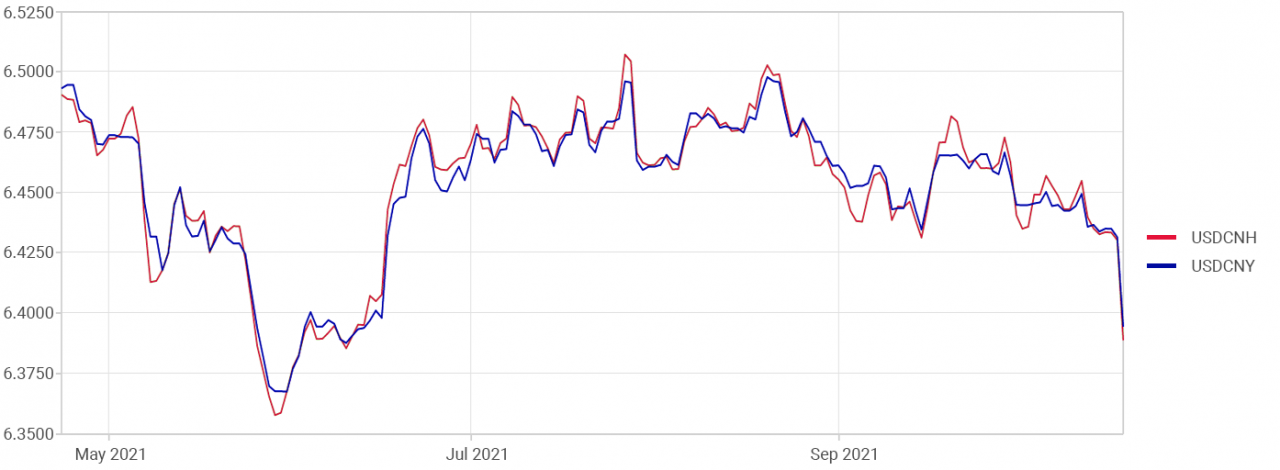
The CNH currency allows the RMB to be traded on the free market Rates taken on 20 October 2021 from Oanda
Benefits of trading in CNH
Over the years, the Chinese Renminbi has internationalised and become a globally accepted currency. This is particularly beneficial to businesses outside of the Chinese mainland using RMB because:
- It improves price transparency for suppliers in the Chinese mainland who prefer to settle in local currency.
- Using CNH could alleviate currency risk for the supplier, which means avoiding any renegotiation of purchase prices. This means suppliers won’t be required to add an exchange rate buffer within their price, which may lead to access to a larger pool of suppliers.
- CNH can be traded as a deliverable forward currency.
Because CNH can be traded like other international currencies, you can transfer AUD to CNH and make international payments to your Chinese suppliers in their local currency. This means you can pay suppliers in what is likely to be their preferred currency.
Paying your Chinese suppliers in CNH also means they can provide a quote in their local currency without having to consider currency fluctuation. As a result, the quotation could be more favourable for you by converting AUD to RMB directly, plus you can avoid renegotiation of purchase prices and build more scope for price negotiations.
This may ultimately lead to better relationships with your suppliers.
How to use a forward contract to pay suppliers and save on costs
Many importers like to predict cashflow and mitigate risk when transferring money internationally. With a forward contract, you know what exchange rate you're getting for a set amount of time.
What is a forward contract?
A forward contract from WorldFirst is a hedging product that locks in an exchange rate for up to 24 months, protecting budgets from currency fluctuations so you can be smarter and more accurate with forward planning. If you see that the currency is dropping, you can book a forward contract at the current rate.
Businesses typically use forward contracts to secure exchange rates for their known future international payment needs.
How can a forward contract save money?
Knowing exactly what exchange rate you’re getting, for a set time can help with forward planning. This helps you predict cash flow so you can be more competitive with your planning. Without locking in a fixed rate, adverse market fluctuations to lead to losses for your business and result in increased prices for your products and services.
Furthermore, exchange rates can be volatile between the AUD and other currencies. With a forward contract, you would have secured a predetermined exchange rate between AUD and your preferred currency for your future payments. This mitigates your financial exposure to currency fluctuations for that future payment.
Pay like a local
- Open up to 10 local currency accounts without a local banking relationship
- Sell on platforms including Amazon, eBay and more
- Reduce accounting admin with Xero integration

Disclaimer: These comments are the views and opinions of the author and should not be construed as advice. You should act using your own information and judgement. Whilst information has been obtained from and is based upon multiple sources the author believes to be reliable, we do not guarantee its accuracy and it may be incomplete or condensed. All opinions and estimates constitute the author’s own judgement as of the date of the briefing and are subject to change without notice. Please consider FX derivatives are high risk, provide volatile returns and do not guarantee profits.
You might also like
Insights from WorldFirst cover the latest FX news, top accounting tips, strategies to mitigate risk and key industry trends. Choose a category below to find out more.
Businesses trust WorldFirst
Since 2004, more than 240K businesses have utilised WorldFirst to send more than £87bn around the world.
